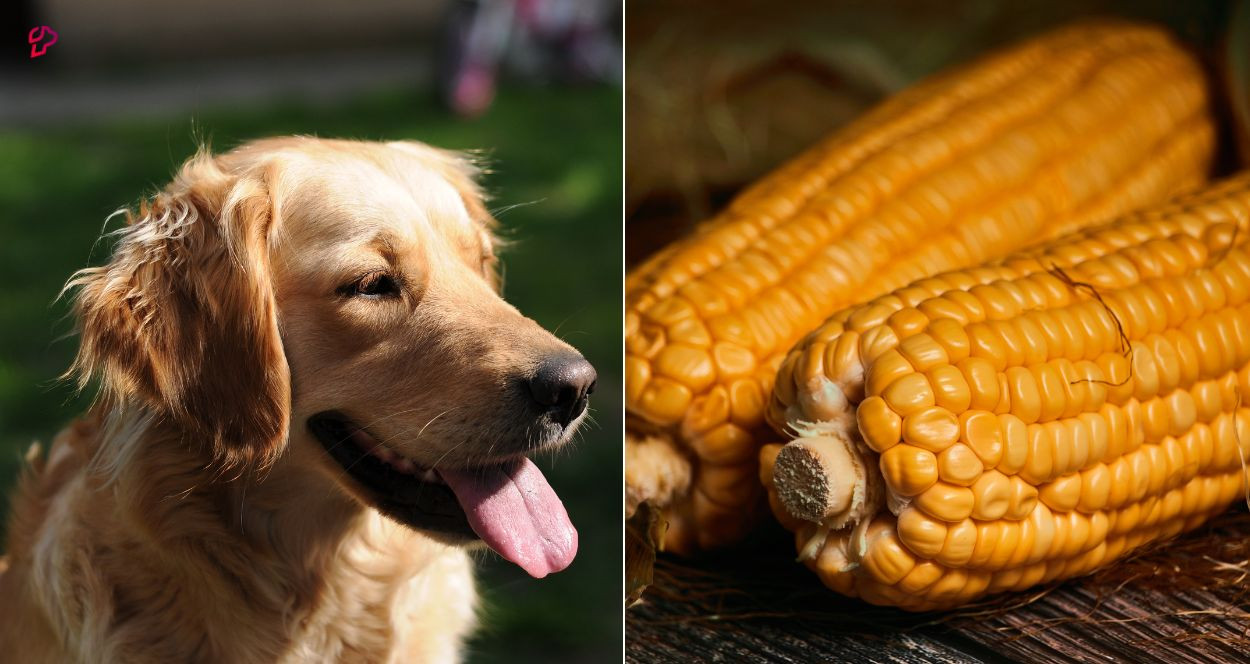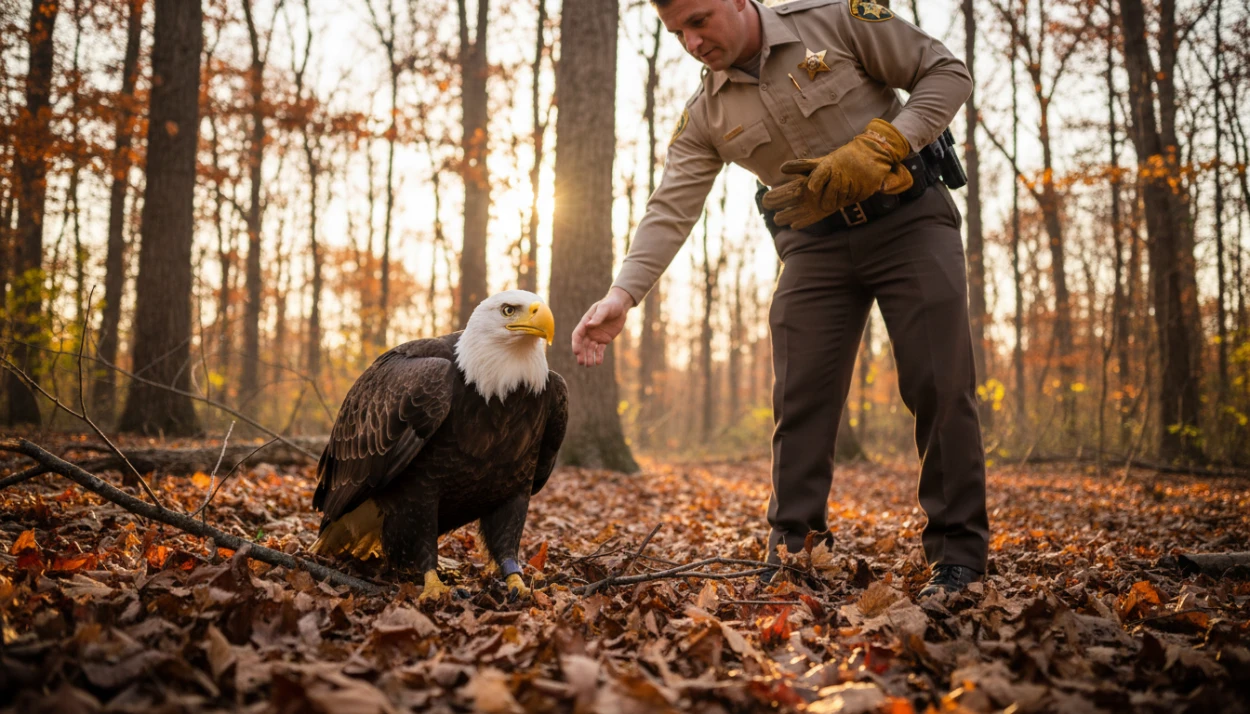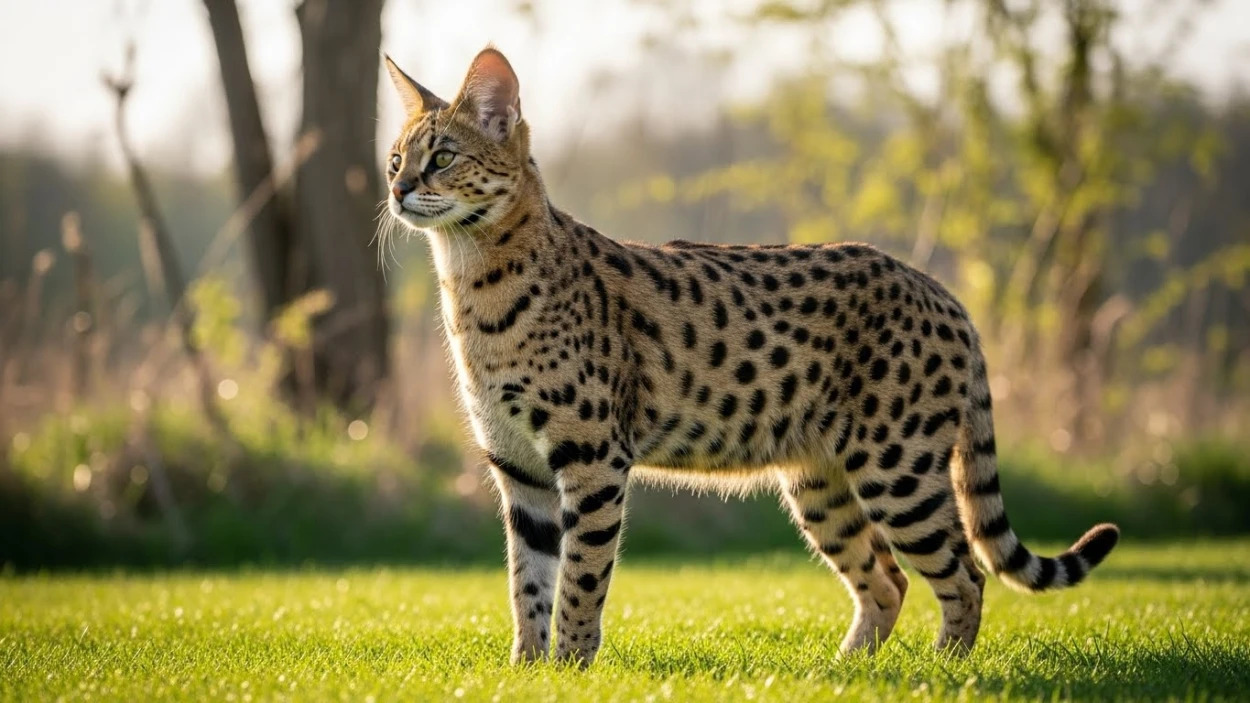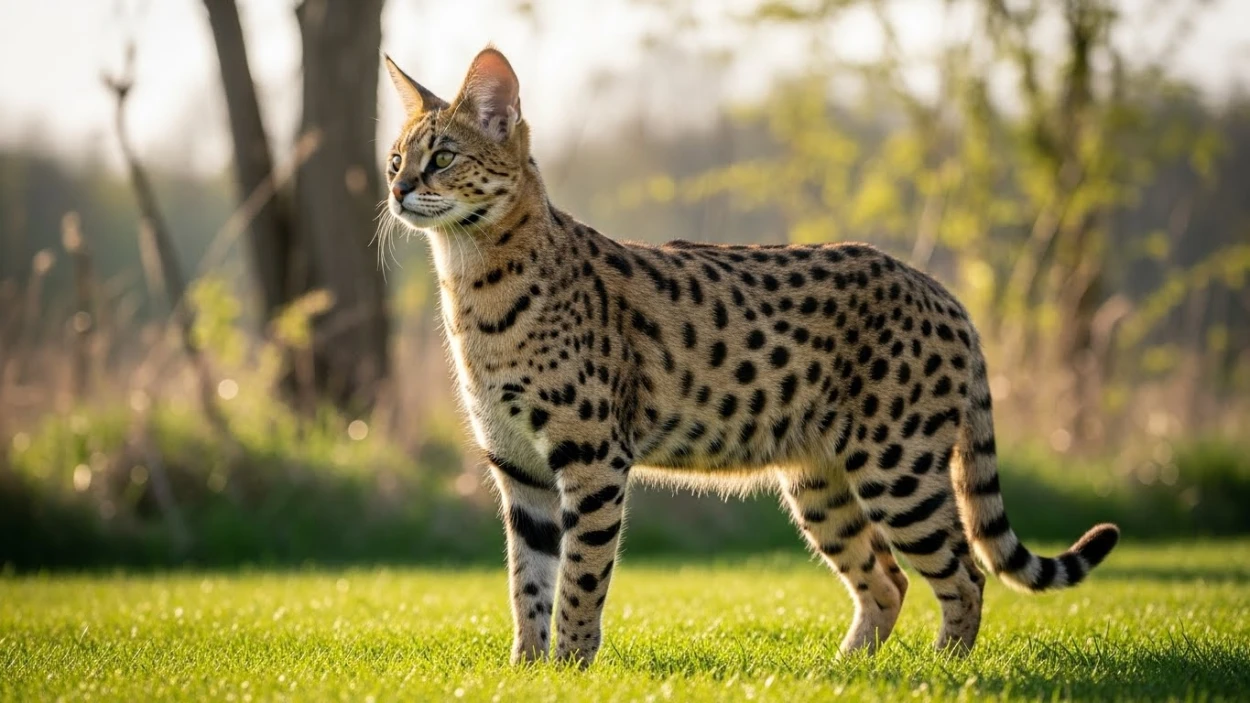As a dog owner, it's natural to wonder about the foods your furry friend can and cannot eat. Corn, a popular ingredient found in various human foods, is often a subject of debate when it comes to feeding dogs. In this article, we will dive deep into the topic of whether dogs can safely consume corn and explore its potential benefits and risks. Let's clear the air and find out if corn deserves a spot in your canine companions diet.

Is Corn Safe for Dogs?
Understanding Dogs' Digestive System
Before we can determine if corn is suitable for dogs, it's essential to understand their digestive system. Dogs are omnivores, meaning they can digest both animal and plant-based foods. However, their digestive tract is shorter than that of herbivores, indicating a preference for animal-based proteins.
Nutritional Value of Corn for Dogs
Corn is a starchy cereal grain that contains carbohydrates, fiber, vitamins, and minerals. It's a source of energy that can contribute to a balanced diet for dogs. While dogs primarily need animal-based proteins, some plant-based ingredients, like corn, can complement their nutritional needs.
Benefits of Feeding Corn to Dogs
Rich Source of Carbohydrates
Carbohydrates are an important energy source for dogs. Corn provides easily digestible carbohydrates that can fuel your dog's daily activities.
Dietary Fiber and Digestive Health
Corn contains dietary fiber, which aids in maintaining healthy digestion. It can prevent constipation and promote regular bowel movements in dogs.
Essential Vitamins and Minerals
Corn contains essential vitamins and minerals that contribute to overall canine well-being. These include vitamin B6, niacin, and phosphorus.
Potential Risks of Feeding Corn to Dogs
Allergies and Sensitivities
While corn allergies are relatively rare in dogs, some individuals may be sensitive to this grain. If your dog experiences symptoms like itching, skin irritation, or gastrointestinal upset after consuming corn, it's advisable to consult a veterinarian.
Obesity and Weight Management
Excessive consumption of corn, like any other food, can contribute to obesity in dogs. Portion control and moderation are crucial to maintaining a healthy weight.
Preparing Corn for Dogs
Cooking Methods and Safety
If you decide to include corn in your dog's diet, it's important to prepare it in a safe and dog-friendly manner. Avoid using excessive butter, oils, or seasonings, as they can be harmful to dogs.
Portion Control and Moderation
Like any treat or addition to your dog's diet, corn should be given in moderation. Too much corn can lead to an imbalance in their overall nutrition.
Alternatives to Corn in Dog Diet
Other Whole Grains
If you prefer to avoid corn, there are alternative whole grains like rice, quinoa, and oats that can provide similar nutritional benefits.
Non-Grain Carbohydrate Sources
For dogs with grain sensitivities, there are carbohydrate sources such as sweet potatoes and peas that can be included in their diet.
Consulting a Veterinarian
Individual Dog's Health and Needs
Every dog is unique, and their dietary requirements can vary based on factors such as age, breed, and health condition. Consulting a veterinarian before making any significant changes to your dog's diet is crucial.
Professional Guidance for Diet Planning
A veterinarian can provide personalized guidance on whether corn is suitable for your dog and how it should be incorporated into their diet.
Addressing Common Misconceptions
Myth: Corn is Always Harmful
There is a common misconception that corn is entirely harmful to dogs. While it may not be a primary protein source, it can still offer nutritional benefits when used appropriately.
Clarifying the Role of Corn in Canine Diet
Corn, when used in moderation and as part of a well-balanced diet, can contribute to a dog's nutritional intake without causing harm.
Conclusion
In conclusion, corn can be included in a dog's diet when approached with knowledge and moderation. It provides carbohydrates, fiber, and essential nutrients that can benefit your furry companion. However, it's crucial to be aware of potential sensitivities and allergies and to consult a veterinarian before introducing corn or any new food into your dog's routine. Remember, a well-informed and balanced approach to your dog's diet is key to their overall health and happiness.
FAQs
1. Can dogs eat corn on the cob?
Corn on the cob poses a choking hazard and should be avoided. Always serve corn kernels that have been removed from the cob.
2. Is canned corn safe for dogs?
Canned corn can contain added salts and preservatives that may not be suitable for dogs. It's best to stick to plain, cooked corn without any additives.
3. How much corn can I give my dog?
Corn should be given in moderation and make up only a small portion of your dog's diet. Consult your veterinarian for specific portion recommendations.
4. Can corn allergies develop over time in dogs?
While it's possible, corn allergies are relatively rare in dogs. If you notice any allergic reactions after feeding corn, consult your veterinarian for guidance.
5. Are corn-based dog foods a good option?
Corn-based dog foods can be part of a balanced diet, but the quality of the overall ingredients matters. Look for products with high protein content and minimal fillers.









